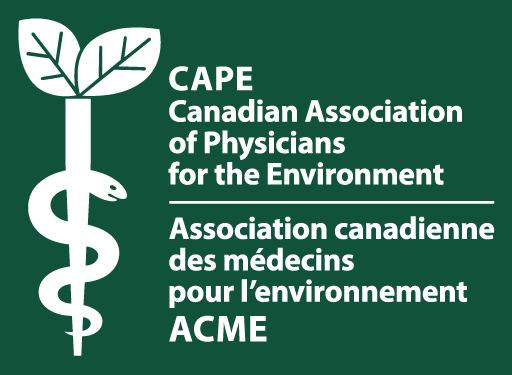There are striking parallels between the tobacco epidemic and the climate crisis. Both involve the sale of products that were initially believed to be safe and yet were found to cause serious harm. Yet while advertising of tobacco products is almost universally banned today, fossil fuel companies and car manufacturers are still allowed to promote their carbon-intensive products and activities.
Around the world, politicians, publications, and professionals committed to climate action are asking why fossil fuel advertising is still allowed. Meanwhile, campaigns against fossil fuel, car, and airline advertising are gathering pace and leading to a new groundswell, similar to the enormously successful divestment campaigns. Amsterdam has just banned fossil fuel advertising in its metro system, France has a bill that would seriously restrict their capacity to advertise, and closer to home the Regina council briefly voted to ban all oil and gas sponsorships in the city.
A Public Health Crisis
Doctors were a leading force behind the successful campaign to ban tobacco advertising, making use of their unique role to center the issue as one of public health. Doctors are now ready to similarly step up to tackle the health consequences of climate instability. Health professionals can help build support for action among the public and decision-makers by focusing attention on the health impacts associated with climate change and on the significant health co-benefits that can result from the actions needed to fight it.
Similar to tobacco, fossil fuels contribute to a public health crisis, both now and in the future. The heat deaths and fire-related tragedy in B.C. these last weeks are a chilling illustration of what is to come. Between 2030 and 2050, climate change is expected to cause approximately 250,000 additional deaths per year from malnutrition, malaria, diarrhea, and heat stress1. Also important are the often-overlooked health effects of air pollution associated with the burning of fossil fuels, primarily from combustion engines. According to a 2021 Harvard study, fossil fuel air pollution led to 8.7 million deaths worldwide in 2018, accounting for 1 in 5 premature deaths, and the research estimates that 34,000 deaths in Canada annually are associated with lower respiratory infections related to fossil fuels combustion alone (5,000 of which are children under five)2.
Driving in the Wrong Direction
Early this summer, Canada announced its intention to phase out all sales of light-duty gas-powered vehicles by 2035, a mere 14 years from now. This was an important step forward. Transforming personal mobility is one of the most effective ways to reduce greenhouse gas emissions while increasing public health outcomes through improved air quality, active transportation, and public space for people instead of cars. But instead of moving to fuel-efficient, lighter vehicles, up to 80% of cars being sold today are SUVs, trucks, and vans which are about 30% more polluting than standard cars3. This is incompatible with our commitment to become carbon neutral by 2050.
The Fossil-Fuel Ad-ban Campaign
For all these reasons the Canadian Association of Physicians for the Environment (CAPE) is spearheading a campaign demanding a ban on advertising and sponsorship by the fossil fuel industry and gas-powered vehicles along with a wide coalition of allies. These will include other health organizations (medical associations, nurses associations, public health organizations, etc.), environmental NGOs, youth climate organizations, groups that seek to protect the wellbeing of children and youth, teacher and health unions, and creatives and arts and culture groups who agree to break away from fossil-fuel funding.
This campaign will draw from the valuable lessons of similar campaigns against smoking ads and junk foods ads to kids. However, we need and plan to effect change much more rapidly. While the attempt to ban tobacco advertising took decades from the first evidence of its damage to our health, we don’t have that time to transition away from fossil fuels.
Does your organization want to join us or learn more? Email leah@cape.ca.
